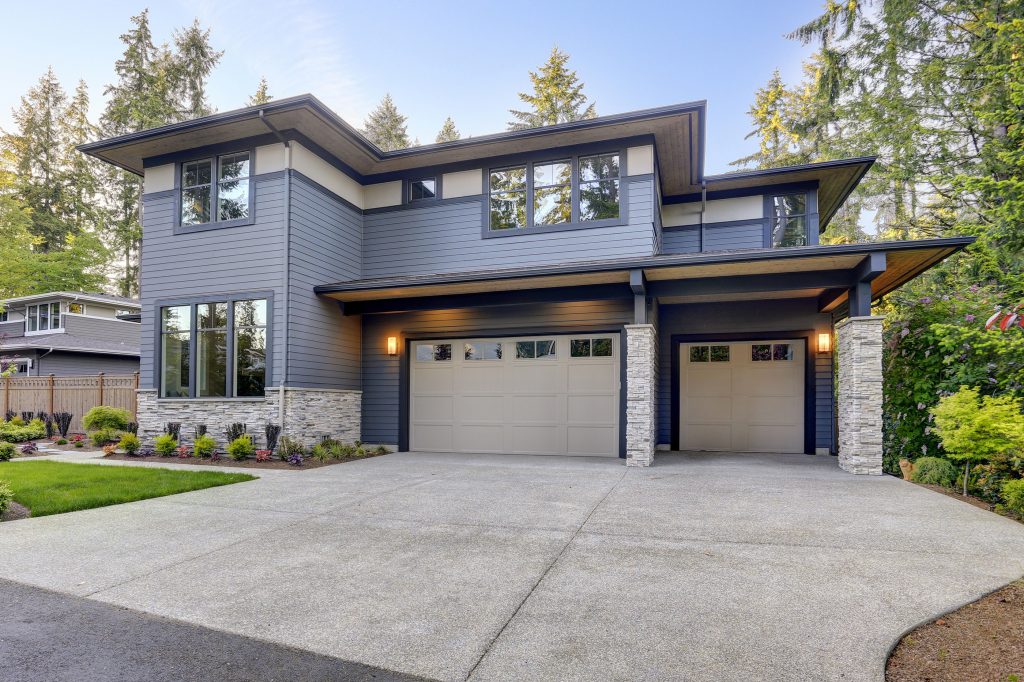Maximizing Minimalism – Efficient House Designs For Modern Families
In an age of abundance and excess, many modern families are turning towards minimalism to find solace in simplicity. Embracing a minimalist lifestyle goes beyond decluttering possessions; it extends to the very foundation of our lives – our homes. Maximizing minimalism through efficient house designs has become a growing trend, as families seek to create spaces that prioritize functionality, sustainability, and intentional living. Efficient house designs for modern families are designed to optimize the use of every square foot, eschewing unnecessary spaces and focusing on essential elements that contribute to a comfortable and purposeful living environment. These designs often incorporate open floor concepts, where rooms flow seamlessly into one another, fostering a sense of togetherness and eliminating the need for walls that only serve to compartmentalize living spaces. The result is a more connected, breathable, and versatile home that adapts to the changing needs of a family.

A key principle of maximizing minimalism in house designs is maximizing natural light. Large, strategically placed windows and skylights flood the interior with sunlight, reducing the reliance on artificial lighting during the day. This not only reduces energy consumption but also creates a warm and inviting atmosphere that brings the outdoors inside. Connecting with nature is essential in minimalism, and efficient house designs often include outdoor spaces like patios and gardens that seamlessly blend with the indoor areas, further blurring the lines between inside and outside. Minimalist house designs are also designed with functionality in mind. Smart storage solutions are integrated throughout the house, ensuring that every item has its place and clutter is kept at bay. Built-in cabinets, shelves, and hidden storage compartments are cleverly incorporated into the design, maximizing the use of vertical and under-utilized spaces. By reducing clutter and organizing possessions, families can focus on what truly matters – quality time with loved ones and pursuing meaningful experiences.
Moreover, sustainable and eco-friendly features are at the heart of efficient house designs. Environmentally conscious materials and construction techniques are used to reduce the ecological footprint of the home. Energy-efficient appliances, insulation, and HVAC systems help conserve resources and lower utility bills. Some families even choose to incorporate renewable energy sources like solar panels, further aligning their living spaces with their values of minimal impact on the environment. As the needs of modern families evolve, so do the requirements of their homes. Many efficient house designs embrace adaptability, allowing families to modify the space as their lifestyle changes. Multi-purpose rooms, for instance, can transform from a playroom to a home office or a guest bedroom, accommodating shifting needs over time. Flexibility in design empowers families to use their spaces more effectively, reducing the need for larger homes and the associated costs. Maximizing minimalism in house designs also extends to the aesthetics. Clean lines, neutral colors, and uncluttered spaces create a sense of calm and tranquility. The Dekadeko revolves around the notion that less is more, elevating the functionality and purpose of the home over excessive ornamentation.